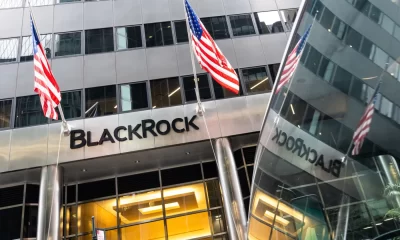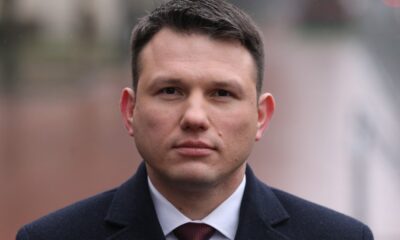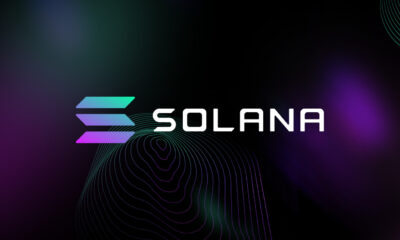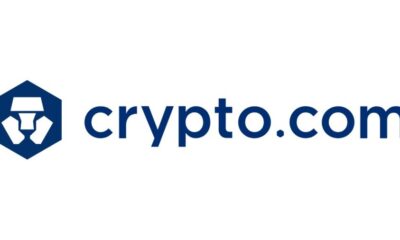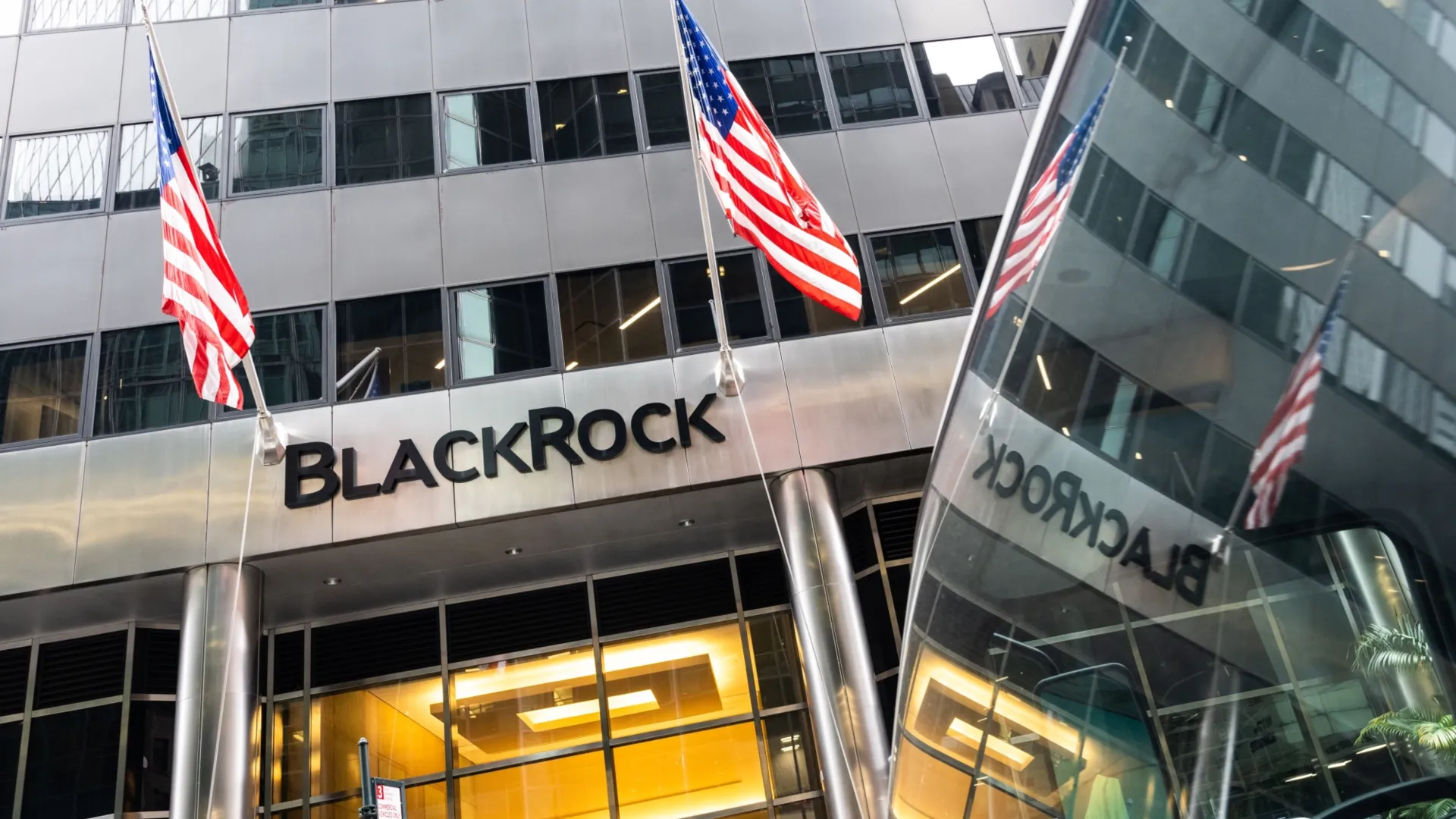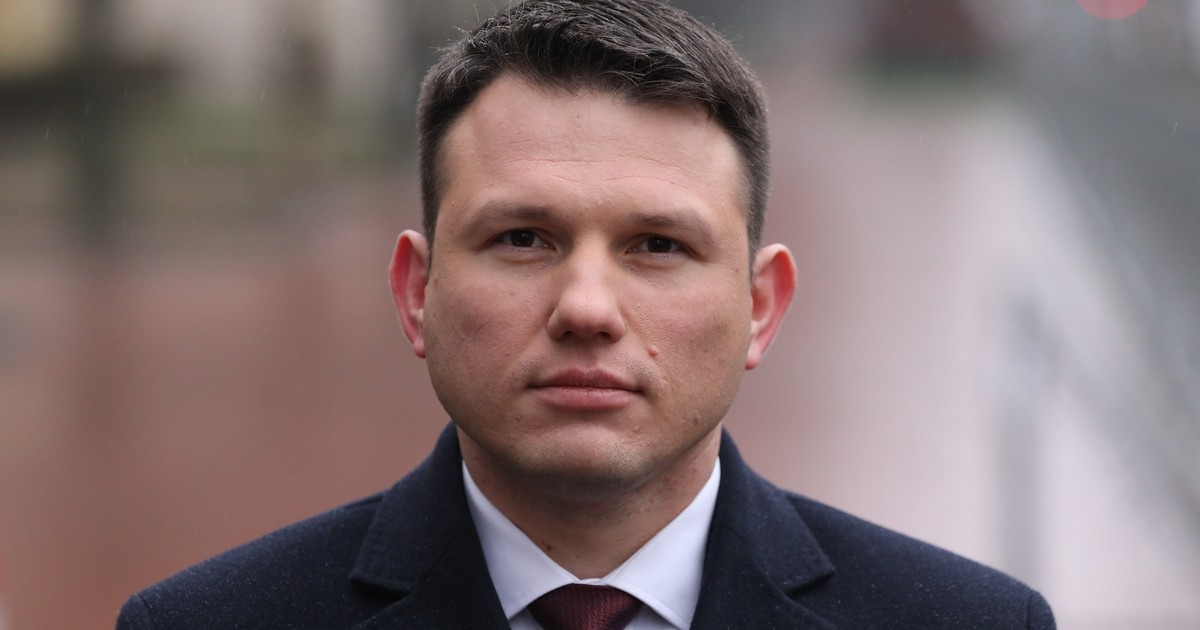Blockchain technology company Quantoz has launched two new stablecoins, EURQ and USDQ, aimed at providing stable digital currency alternatives for the European and U.S. markets. The launch comes as part of the company’s efforts to align with the European Union’s Markets in Crypto-Assets Regulation (MiCAR), which is designed to create a comprehensive regulatory framework for cryptocurrencies and stablecoins in the region. Both stablecoins are fully backed by fiat reserves, offering a stable and secure digital asset for users in Europe and the U.S.
EURQ is pegged to the euro, while USDQ is pegged to the U.S. dollar, allowing users to transact with digital assets that maintain a consistent value relative to traditional fiat currencies. The move to launch these stablecoins under the MiCAR framework is a significant step in the growing trend of regulatory-compliant digital assets. Quantoz aims to provide a trustworthy and secure option for businesses and consumers looking to engage in digital transactions without the volatility often associated with cryptocurrencies like Bitcoin or Ethereum.
Under MiCAR, stablecoin issuers must adhere to strict transparency, security, and reserve requirements, which Quantoz has committed to fulfilling. The new regulations, which are expected to come into full effect in the European Union over the next few years, seek to ensure that stablecoins are adequately backed by assets and do not pose systemic risks to the broader financial system. By launching EURQ and USDQ in compliance with MiCAR, Quantoz positions itself as a leader in providing regulated and secure stablecoin solutions to the European market.
The launch of EURQ and USDQ comes at a time when stablecoins are gaining increasing attention from both regulators and investors as a means to bridge the gap between traditional finance and the crypto space. With these new offerings, Quantoz seeks to tap into the growing demand for stable digital currencies, while also ensuring that they meet regulatory standards. As the crypto industry continues to mature, the introduction of MiCAR-compliant stablecoins could play a pivotal role in driving further adoption of blockchain technology in mainstream finance.

 Business6 days ago
Business6 days ago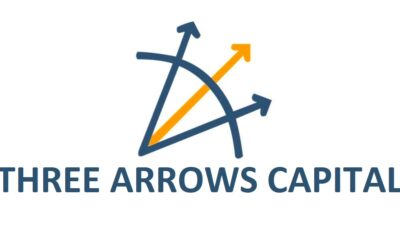
 Business4 days ago
Business4 days ago
 Business4 days ago
Business4 days ago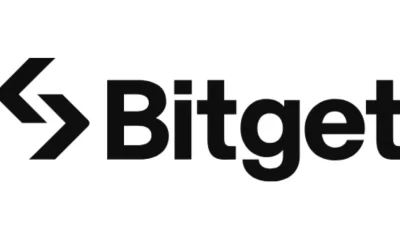
 Business1 week ago
Business1 week ago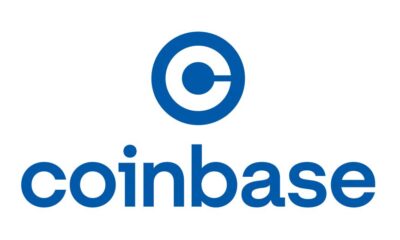
 Business5 days ago
Business5 days ago
 Business4 days ago
Business4 days ago
 Business4 days ago
Business4 days ago
 Business5 days ago
Business5 days ago


